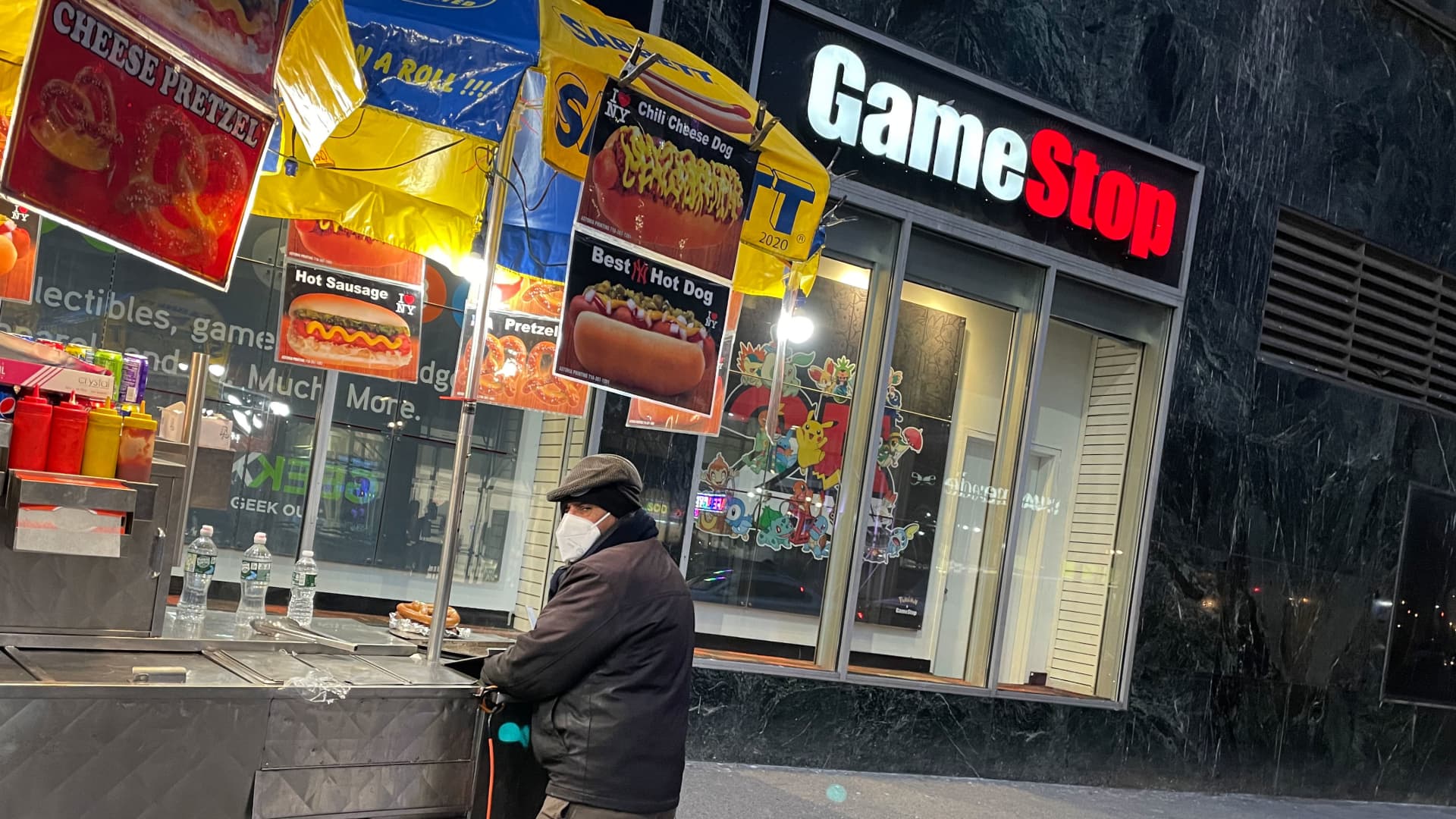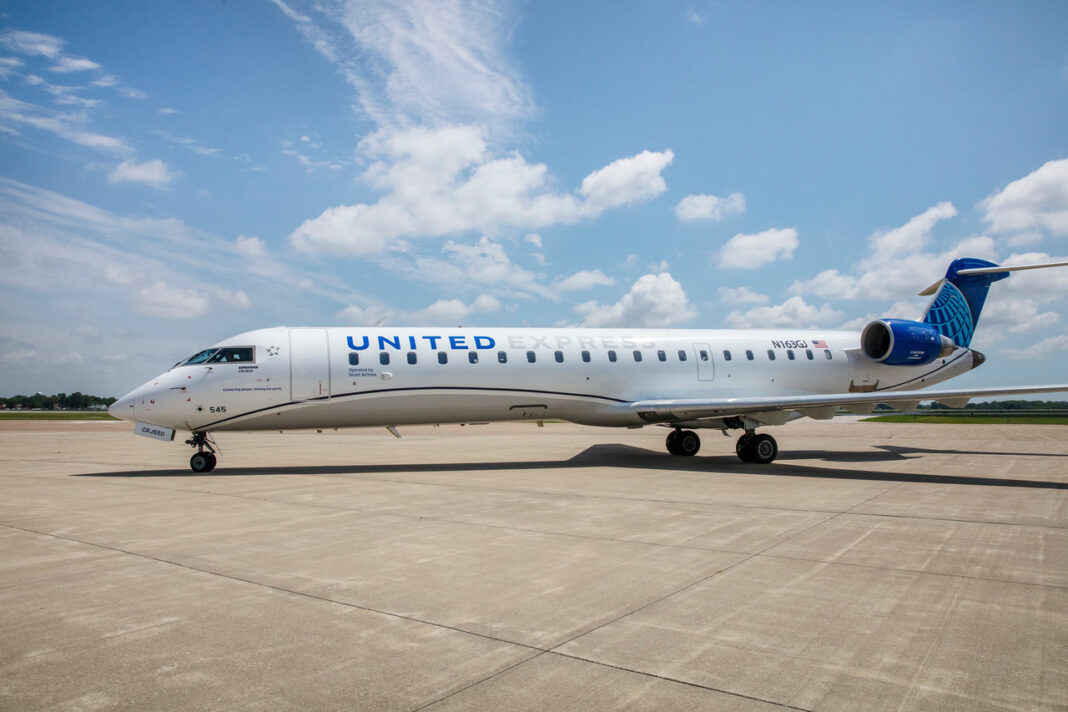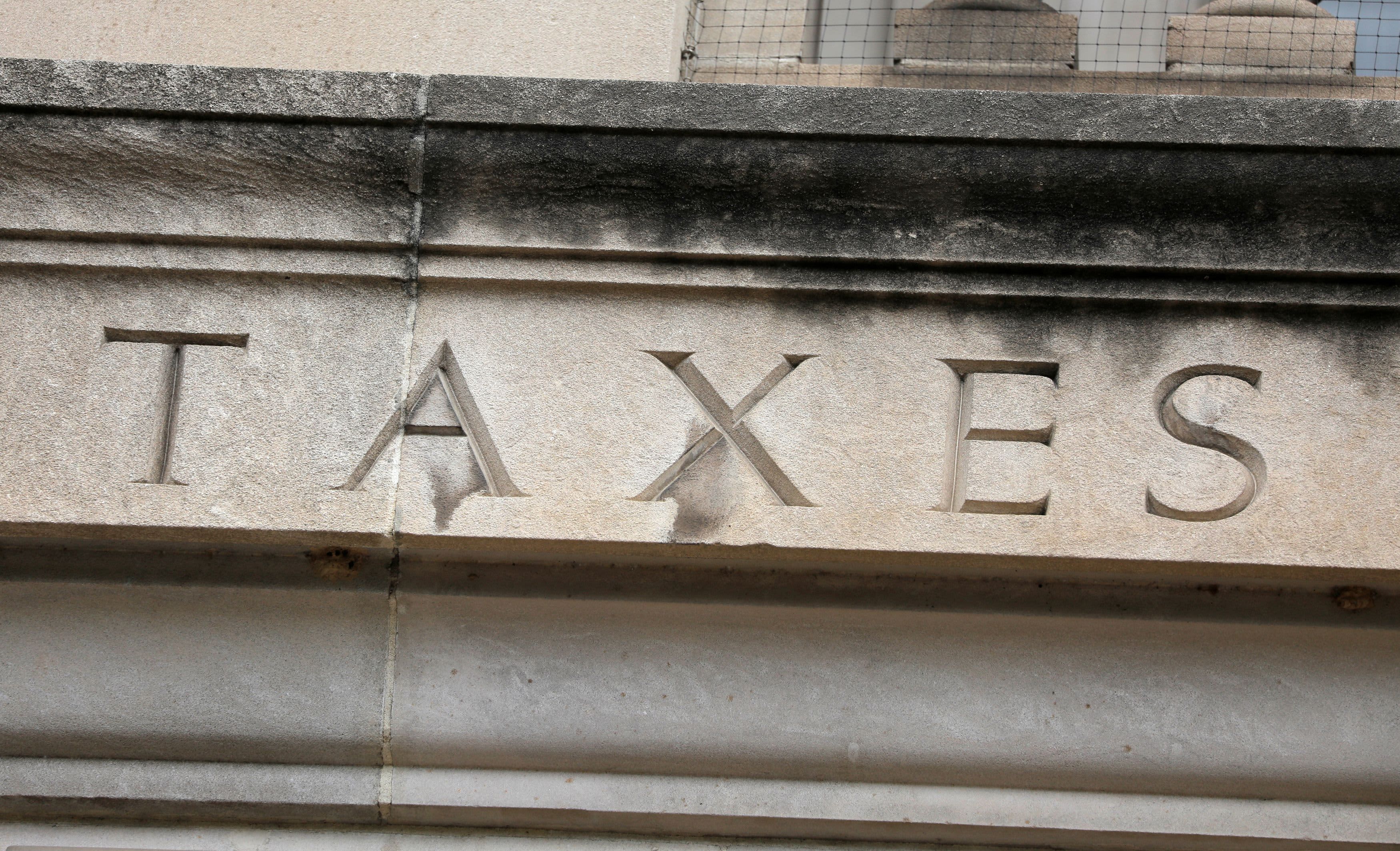Highland Group: Smaller Markets Leading Extended-Stay Recovery
The report showed only 10 percent of the metropolitan areas achieving above average RevPAR recovery in 2021 had 50,000 or more hotel rooms.

U.S. extended-stay lodging continued its strong performance in 2021, according to a report released Thursday by The Highland Group. Compiled with the assistance of STR, the report analyzed 100 metropolitan statistical areas in the U.S. With few exceptions, however, the strongest recoveries were in smaller markets, not often associated with traditional business travel.
The report showed only 10 percent of the MSAs achieving above average RevPAR recovery in 2021 had 50,000 or more hotel rooms. Markets with the highest 2021 RevPAR recovery over 2019 levels included Myrtle Beach, S.C., Baton Rouge, La. and Ogden, Utah, with 144.5 percent, 126.7 percent and 122.1 percent, respectively. Myrtle Beach had the most inventory at 31,682 rooms; Baton Rouge had 13,143 rooms and Ogden 4,503.
Areas with the lowest RevPAR recovery in 2021 compared to 2019 included San Jose, San Francisco and Washington DC, with 45.3 percent, 61.7 percent and 67.6 percent, respectively. The report noted that larger markets can have more upscale extended-stay properties, which have been slower to recover.
Large cities like Las Vegas, Phoenix and San Antonio, which have higher concentrations of economy extended-stay properties, were among 43 metropolitan areas that in 2021 achieved RevPAR equal to or higher than the nominal value in 2019.
RevPAR recovery at extended-stay properties was powered by occupancy over average daily rate in most markets. Nearly half of the 100 areas Highland included in its report had a 2021 occupancy recovery index of at least 100 percent. Highest occupancy recovery was recorded in Lancaster, Pa., Ogden and Baton Rouge. MSAs with the lowest 2021 occupancy recovery were Minneapolis-St. Paul, San Jose and Washington DC.
Essential Business Travel Putting Heads in Beds
In recent Q4 and full-year 2021 earnings calls, Choice, Wyndham, IHG and Hilton reported lift from extended-stay properties housing reshoring, relocating and essential workers. Hotel executives are seeing a market that needs more options.
Marriott International SVP global sales Tammy Routh told BTN, that leisure remains the stronger component of extended-stay business, but business travel continued there as well with, “traveling nurses and doctors, project teams, business continuity, entertainment and insurance.”
Choice Hotels president and CEO Patrick Pacious, in the company's recent earnings call, cited global supply chain shortcomings and re-shoring of offshore operations as a big extended stay opportunity. “A recent survey indicated that over 80 percent of North American manufacturers are likely to reshore their production operations. This trend has already contributed to the accelerated recovery of our business travels,” he said.
Wyndham president and CEO Geoffrey Ballotti exuded the same confidence in the essential and long-term project workforce to bolster more extended-stay business. “We know that there are over 10 million construction workers out there that travel every week. And we also know that relocation and long-term assignments are going to continue to pick up.”

 Tekef
Tekef 


























![How To Win Brand Visibility in AI Search [Webinar] via @sejournal, @lorenbaker](https://www.searchenginejournal.com/wp-content/uploads/2025/09/2-222.png)



.jpg&h=630&w=1200&q=100&v=f776164e2b&c=1)
